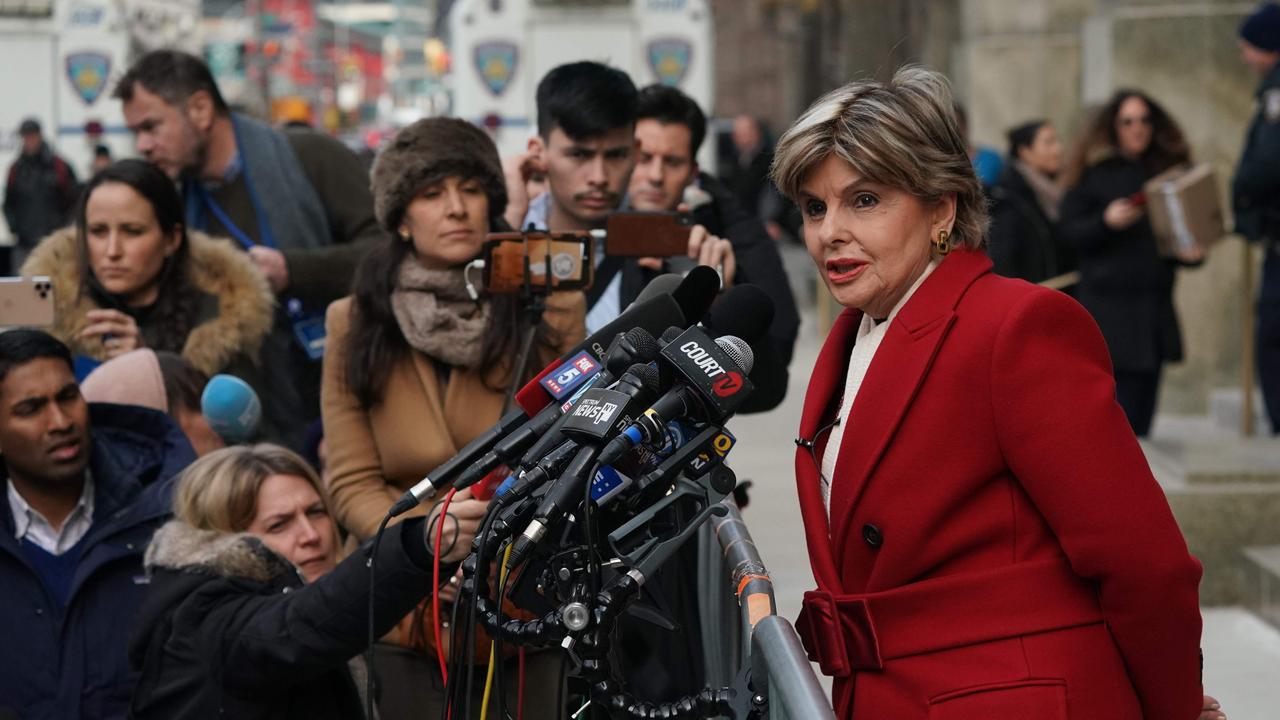Don’t shoot the messenger: closing markets not the answer
Stockmarkets are merely reflecting the problems of society, not causing them. Keep them open.
Look at what a stockmarket is for, and it is easy to conclude that given the chaos, they should just be shut down now. Some big fund managers have already told regulators exactly that.
It’s true that markets are failing in some of their most important roles. Companies cannot use them to raise capital, they are not sending useful information to chief executives about how to run their business, and the wild price swings look like the opposite of an efficient market.
Yet, markets should stay open. Stocks are a vital source of cash for many of the investors who are selling. Prices are also providing a broad measure of how bad the economy might be. That is especially useful information for politicians and central bankers who have been dithering before taking emergency measures.
There’s been a frantic rush to sell anything and everything, breaking many of the ways markets normally work. Safe-haven assets such as gold and Treasuries fell in price in recent days even as stocks plummeted, because people wanted cash.
At the same time, banks and other major financial groups that usually grease the wheels of the markets pulled back, resulting in higher bid-offer spreads and more difficulty trading. The unwillingness of arbitrageurs to take even small risks resulted in many exchange-traded funds moving far away from the value of their underlying assets.
Meanwhile, banks wouldn’t make the nearly risk-free trades that keep currency hedges in line with fundamentals, and the usually safe overnight lending markets needed government support as private lenders withdrew.
But wanting cash is perfectly normal behaviour in a crisis, and this is a crisis. Some are raising money because they need it to pay off loans used to buy assets now worth less, a nasty deleveraging that accompanies every market fall. Some are raising money because they think prices will fall further. Many with savings will be dipping into their investments and 401ks (workplace savings plans that let employees invest a portion of their pay before taxes are taken out) as they face unemployment or the loss of bonuses, already showing up in big withdrawals from mutual funds.
Pension funds, university endowments and charities need money to pay pensioners and running costs. As companies slash dividends, funds will likely need to dip further into capital to replace lost income. They can only do that if the market is open.
The falls in prices aren’t a sign that markets aren’t working, either. It’s quite right that prices have dropped, and by a lot. The White House says that without help, the unemployment rate will hit 20 per cent. JPMorgan predicts the US economy could shrink 14 per cent in the second quarter on an annualised basis, the worst ever.
Markets may be moving wildly, but the winners are exactly those one would expect. Up this year are stocks that might profit from the COVID-19 outbreak: Regeneron Pharmaceuticals, working on a cure, is up 29 per cent; Clorox, maker of disinfectant wipes, is up 24 per cent; and Hormel Foods, maker of Spam, is up 7 per cent. The market is scared, but investors are still discriminating.
The price signals make little difference to CEOs, who have more urgent things to worry about. However, they convey a useful message to governments, repeatedly telling leaders and central banks that they haven’t done enough to offset the damage that coronavirus-related restrictions are doing to the economy. With a President who often focuses on the performance of the stockmarket, that’s even more relevant than usual.
One argument for closing the market is that it is vulnerable to a self-reinforcing spiral of decline, because of margin calls, short sellers betting on price falls or sheer momentum.
There’s no doubt that margin calls lead to forced selling. But closing the market only delays the moment when those who leveraged up will be hit. And it hurts those who lent the money. It also flips selling to other markets, as people sell what they can, not what they should.
Short sellers, who borrow stock and sell it in the hope of profiting when prices fall, have been blamed for major market falls for centuries. Already several European countries have restricted short selling, even though such bans have repeatedly failed in the past.
They appear particularly irrelevant now because there isn’t much short selling going on, according to data from Robert Sloan, founder of S3 Partners and author of “Don’t Blame the Shorts.” The net new short positions of about $US53bn in March are insignificant compared with the trillions traded in total.
“It’s not the short selling that’s driving the market,” he said. “It’s the long selling.”
The market looks grim. But at a time when governments are having to reassure people about food supplies and the military is being called on to help, it is merely reflecting the problems of society, not causing them. Keep it open.



To join the conversation, please log in. Don't have an account? Register
Join the conversation, you are commenting as Logout